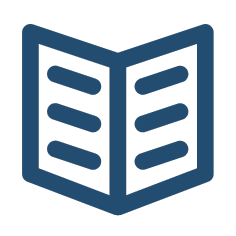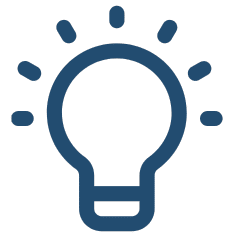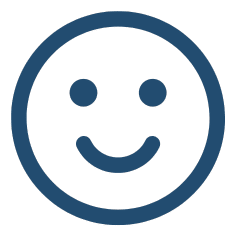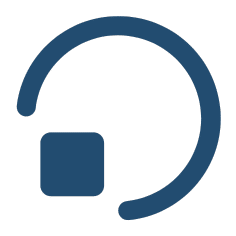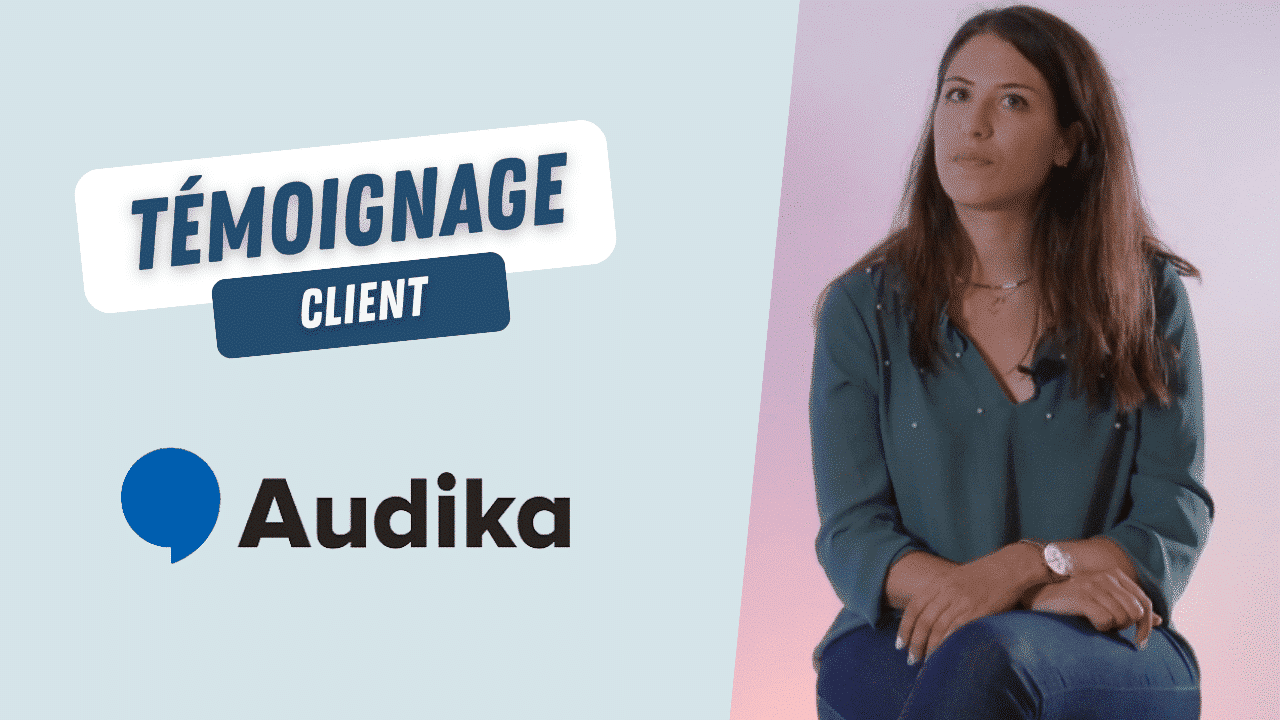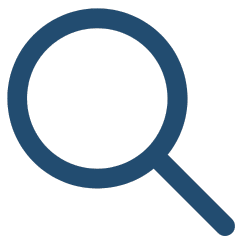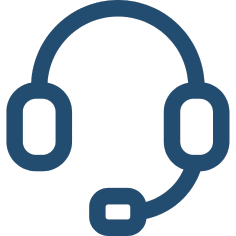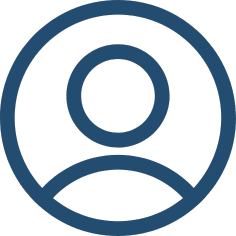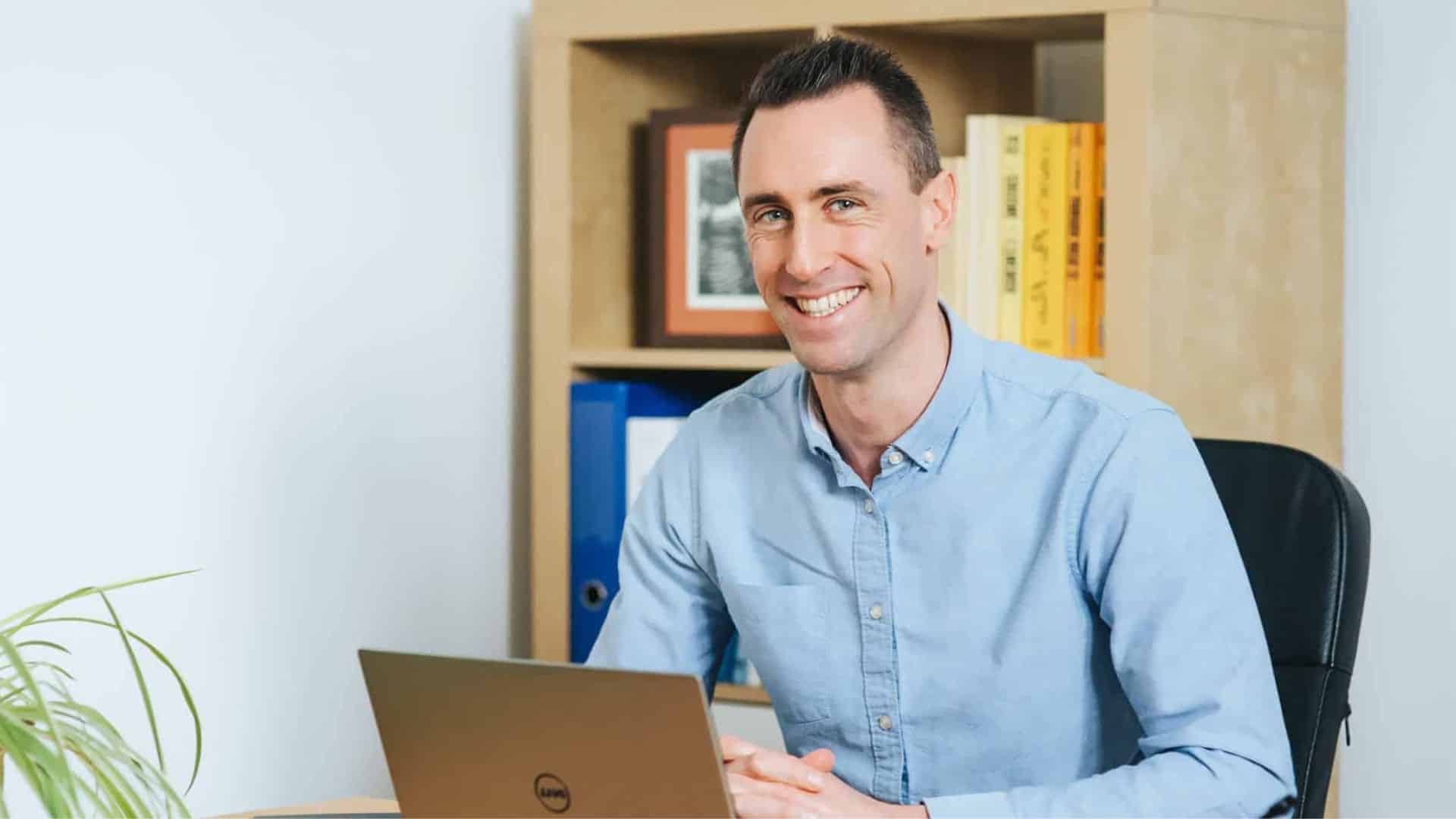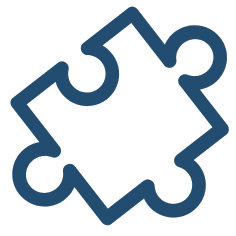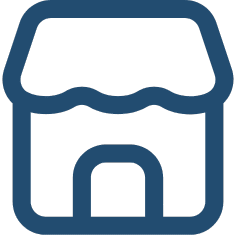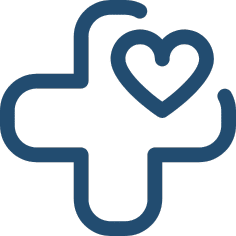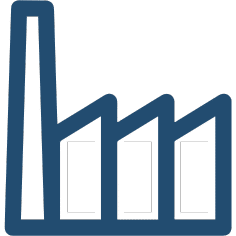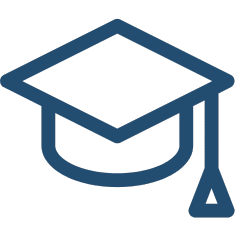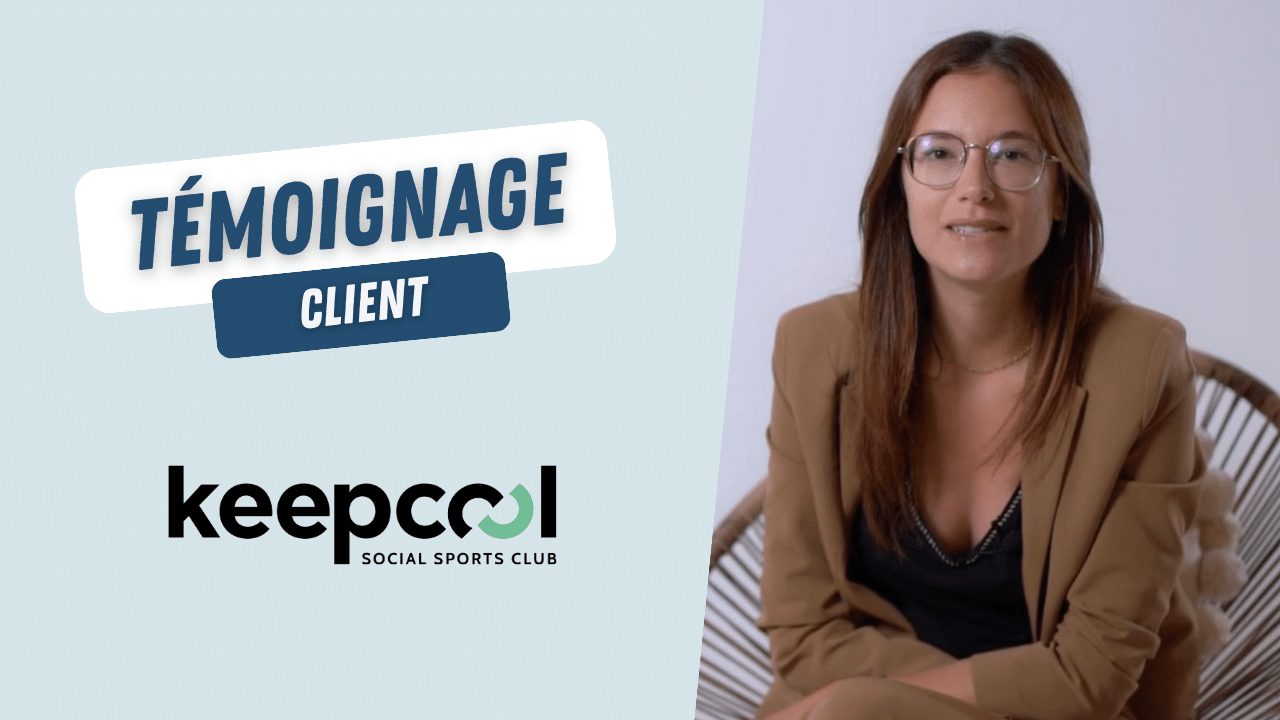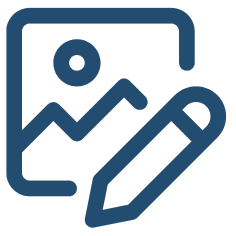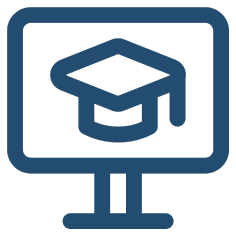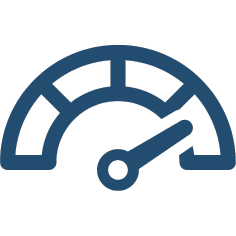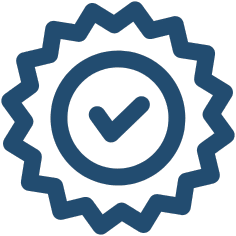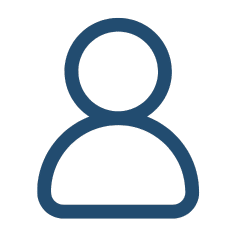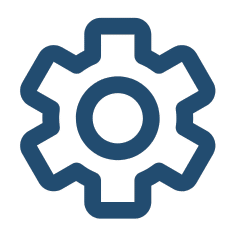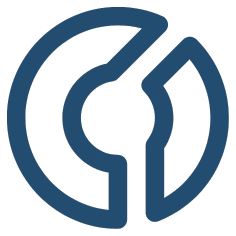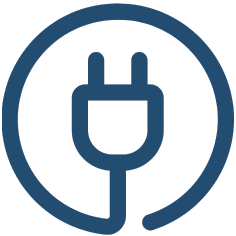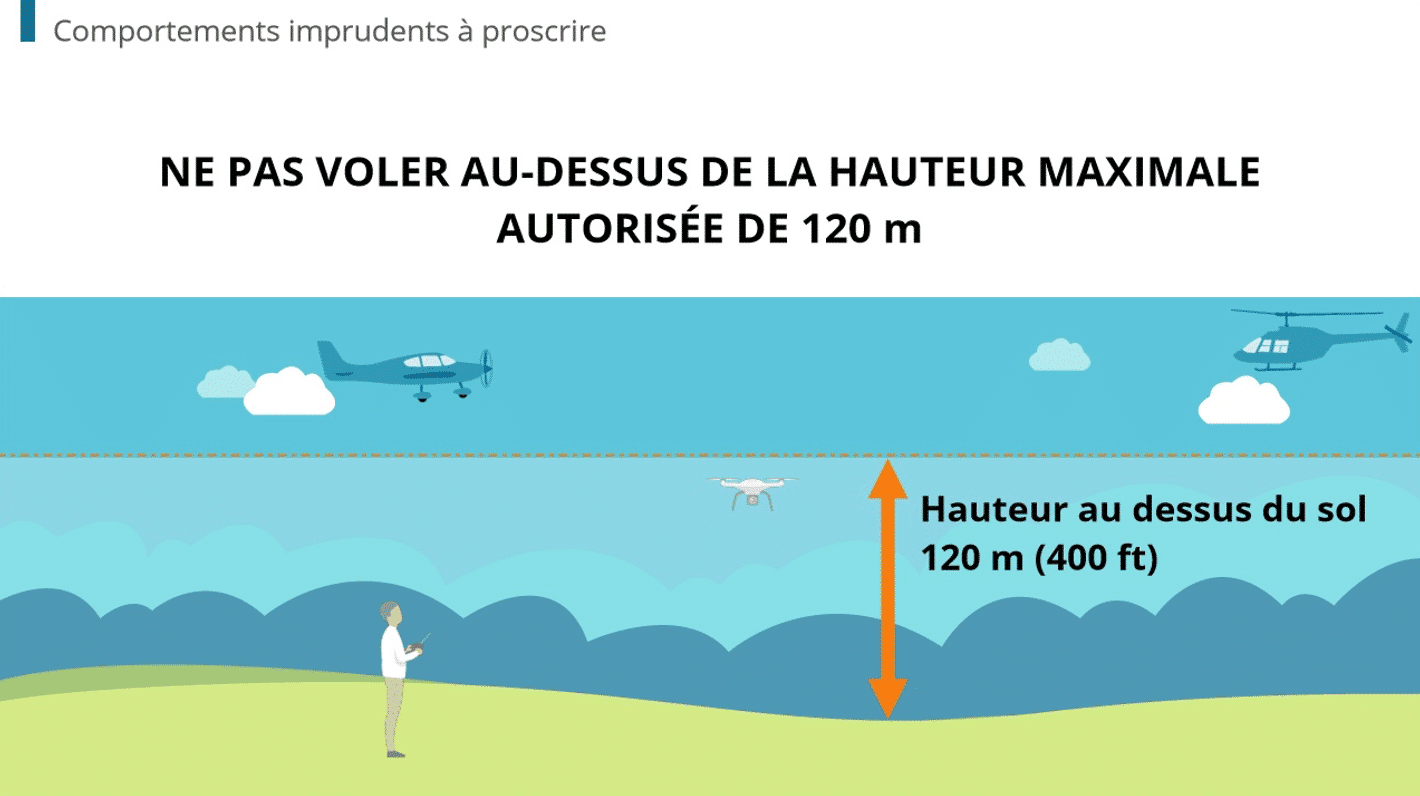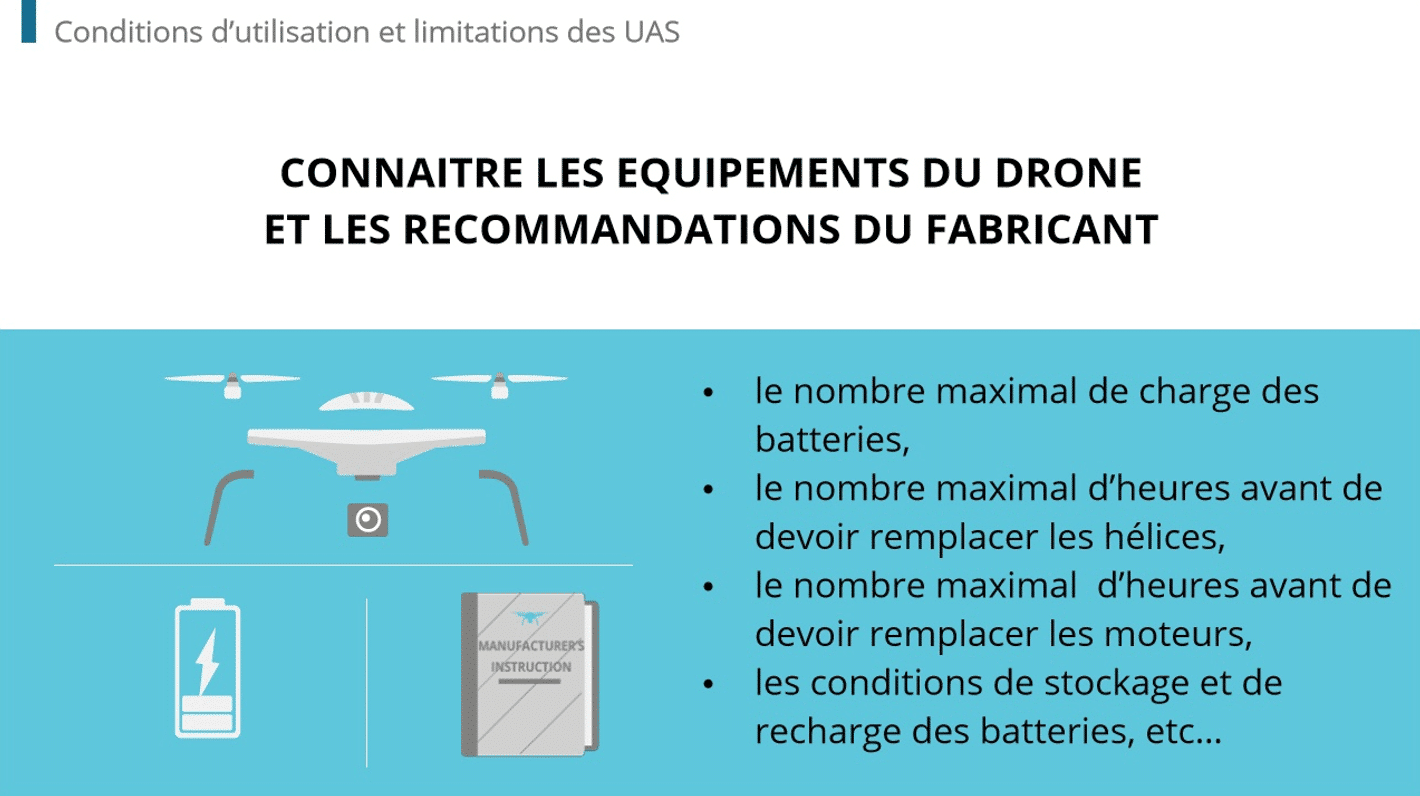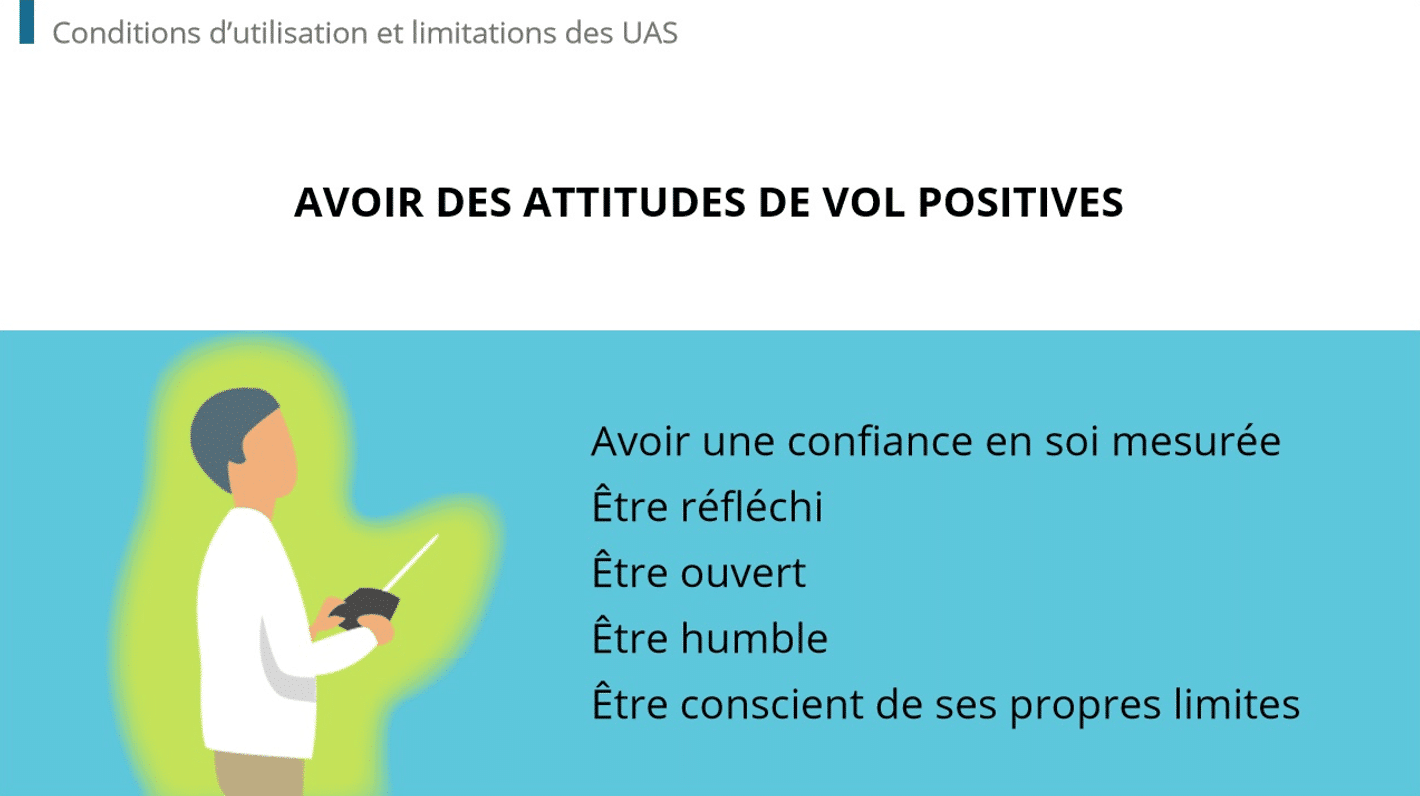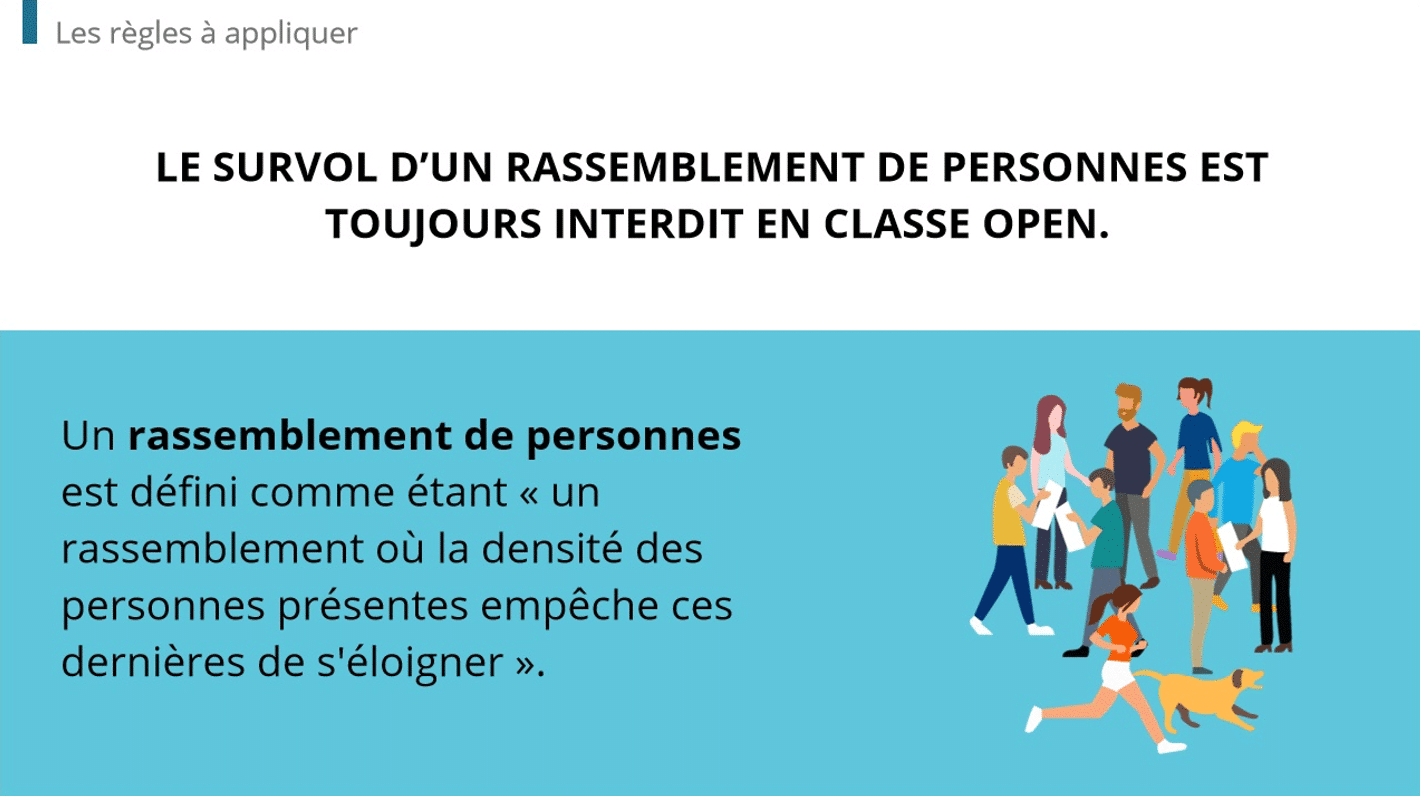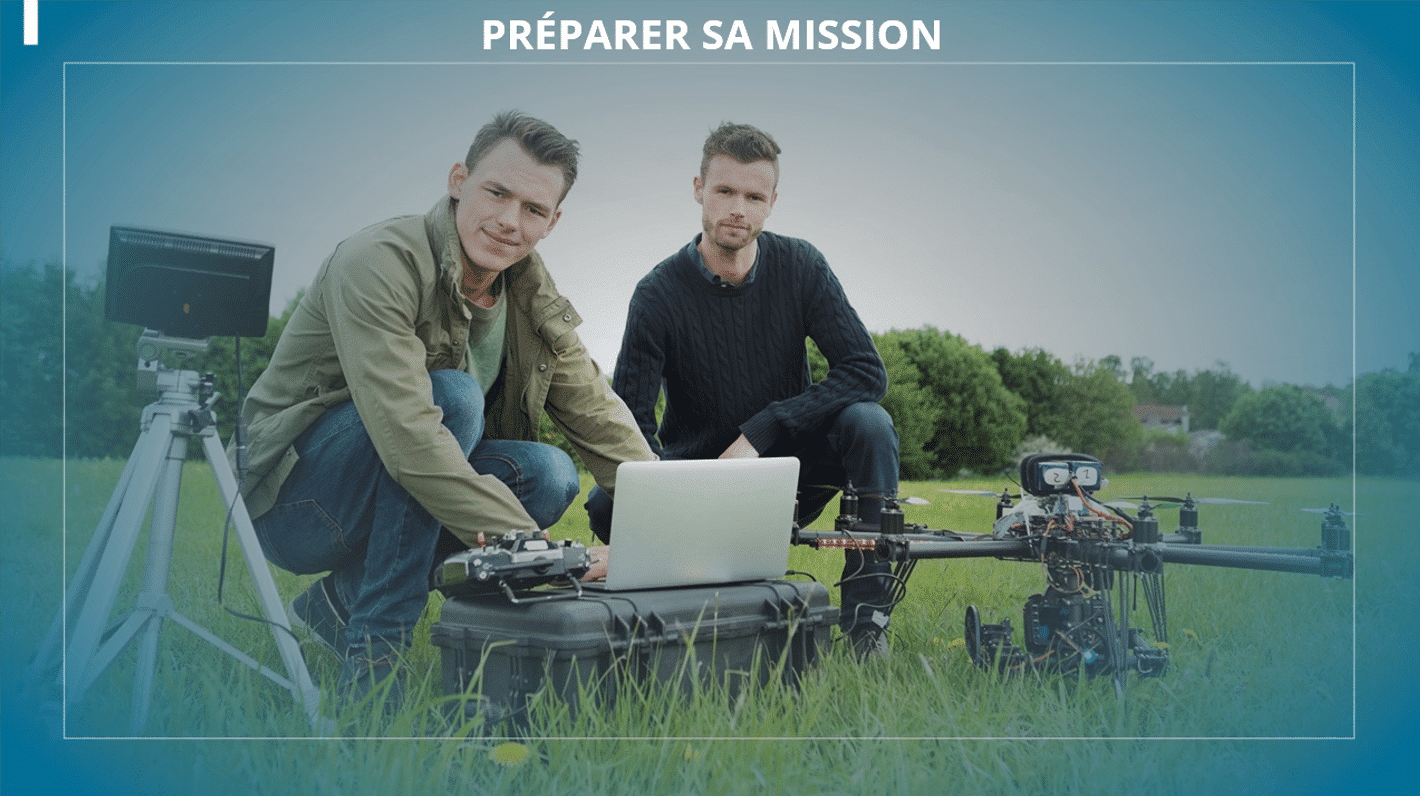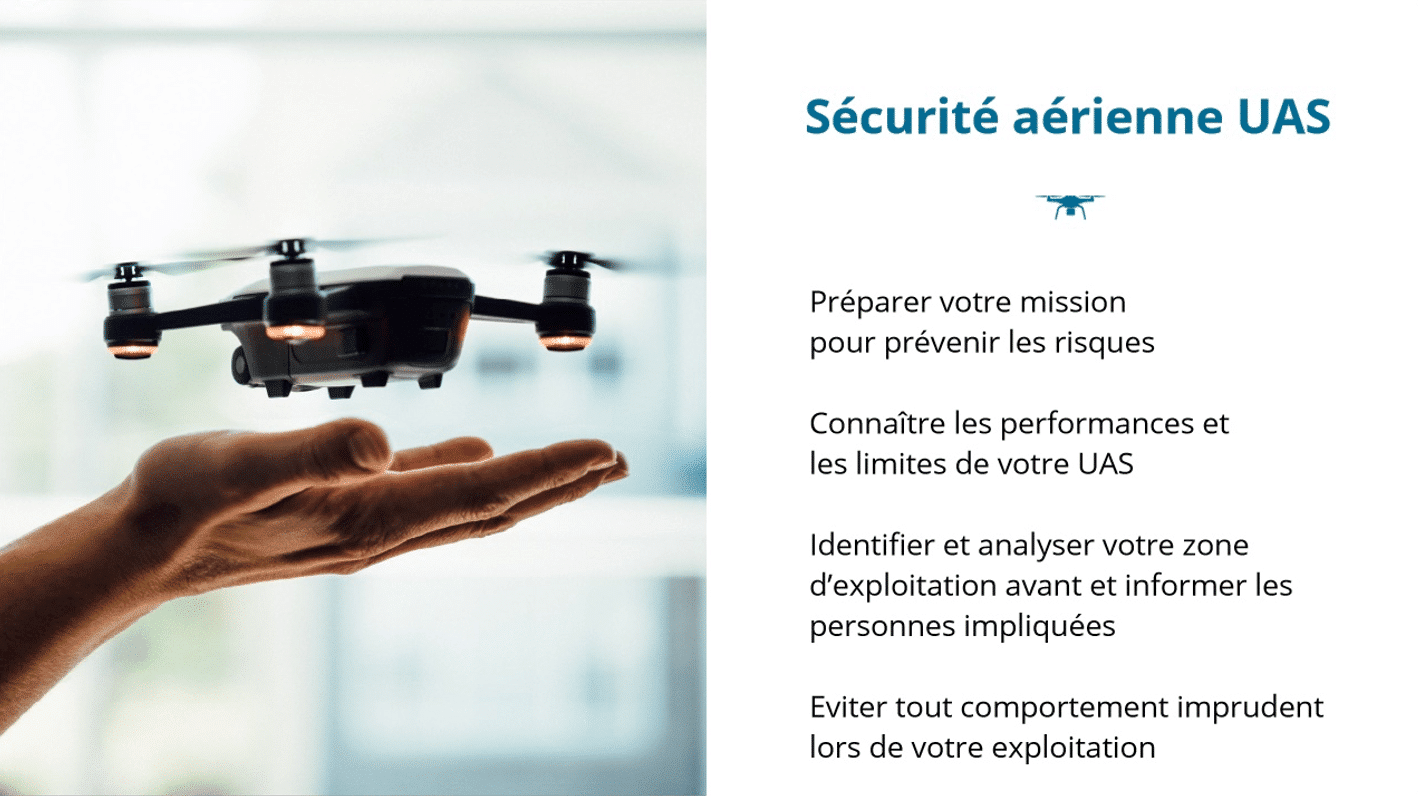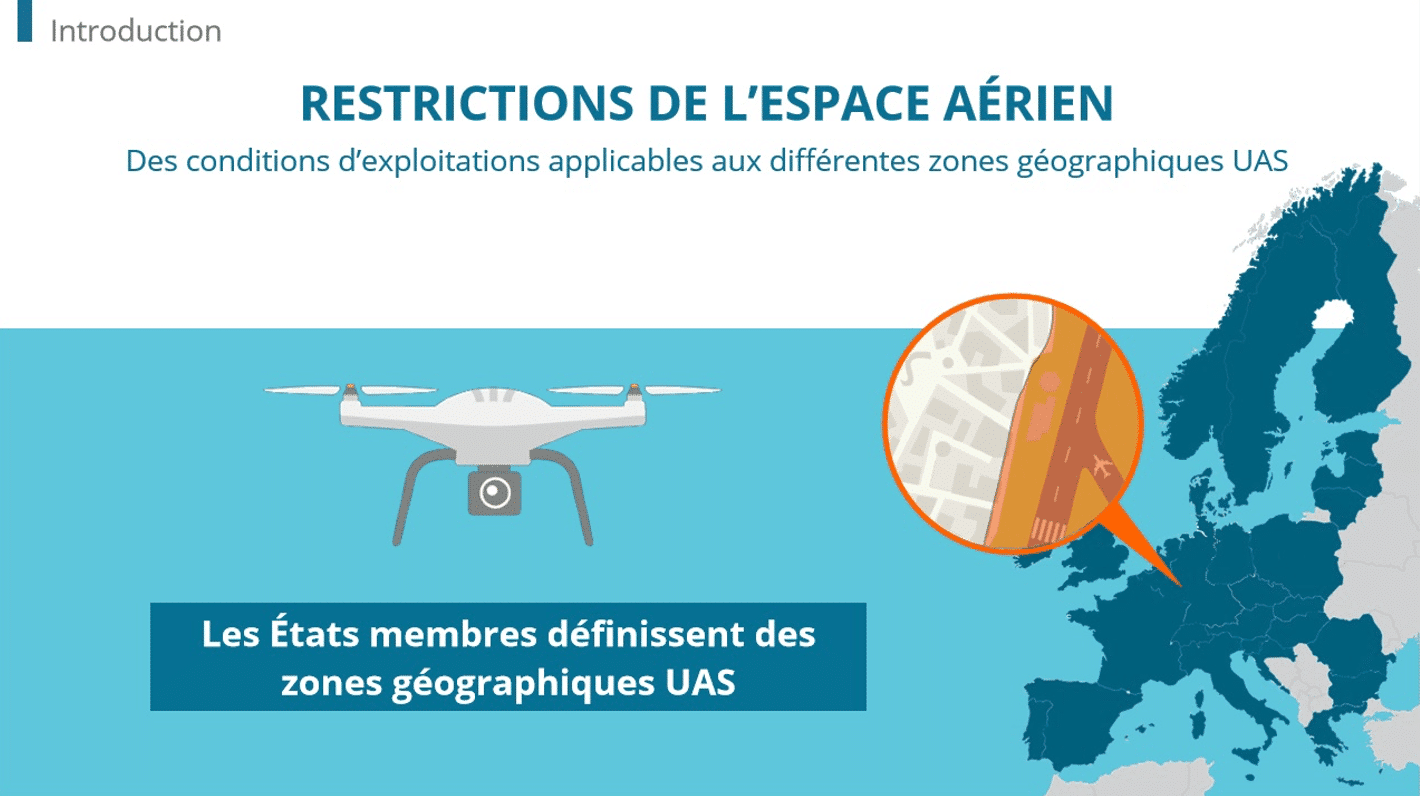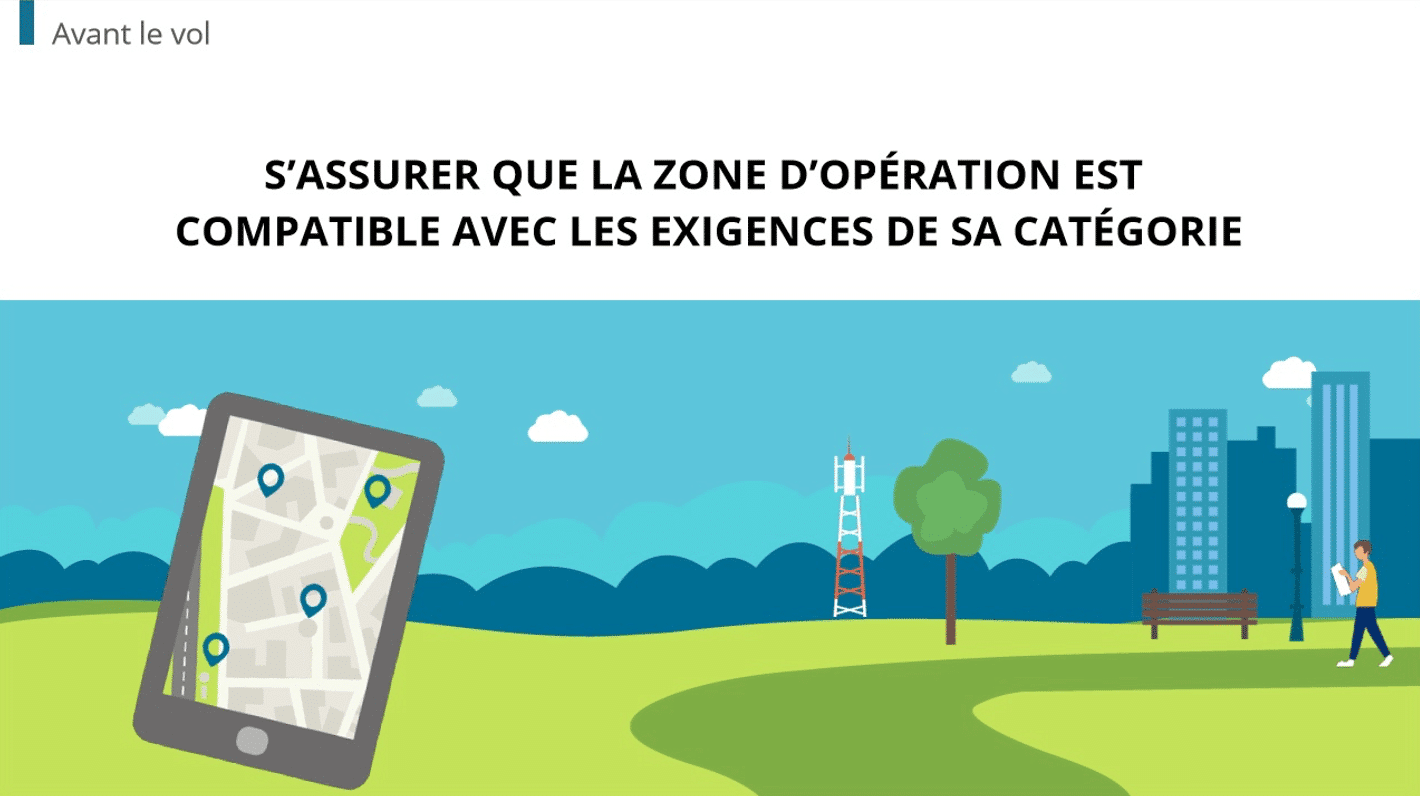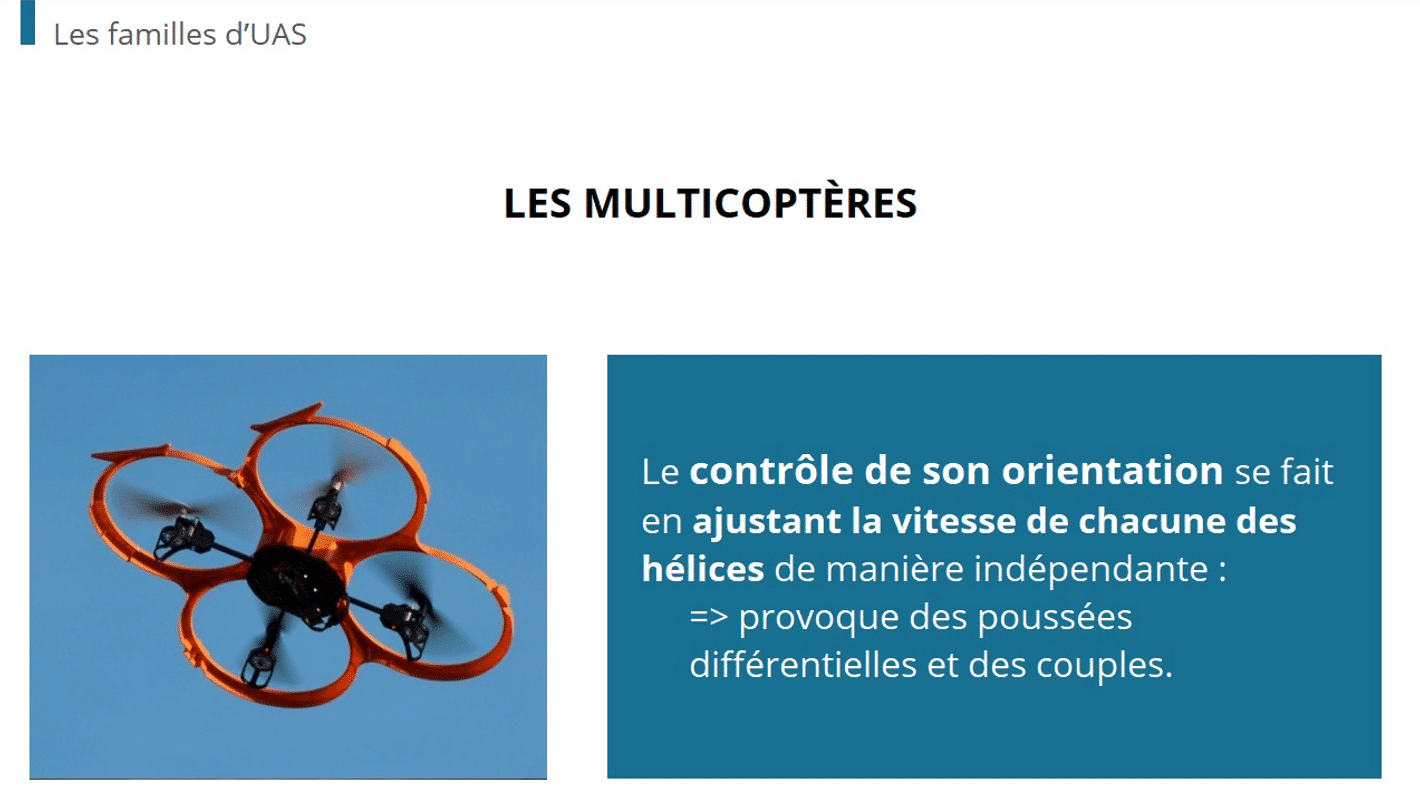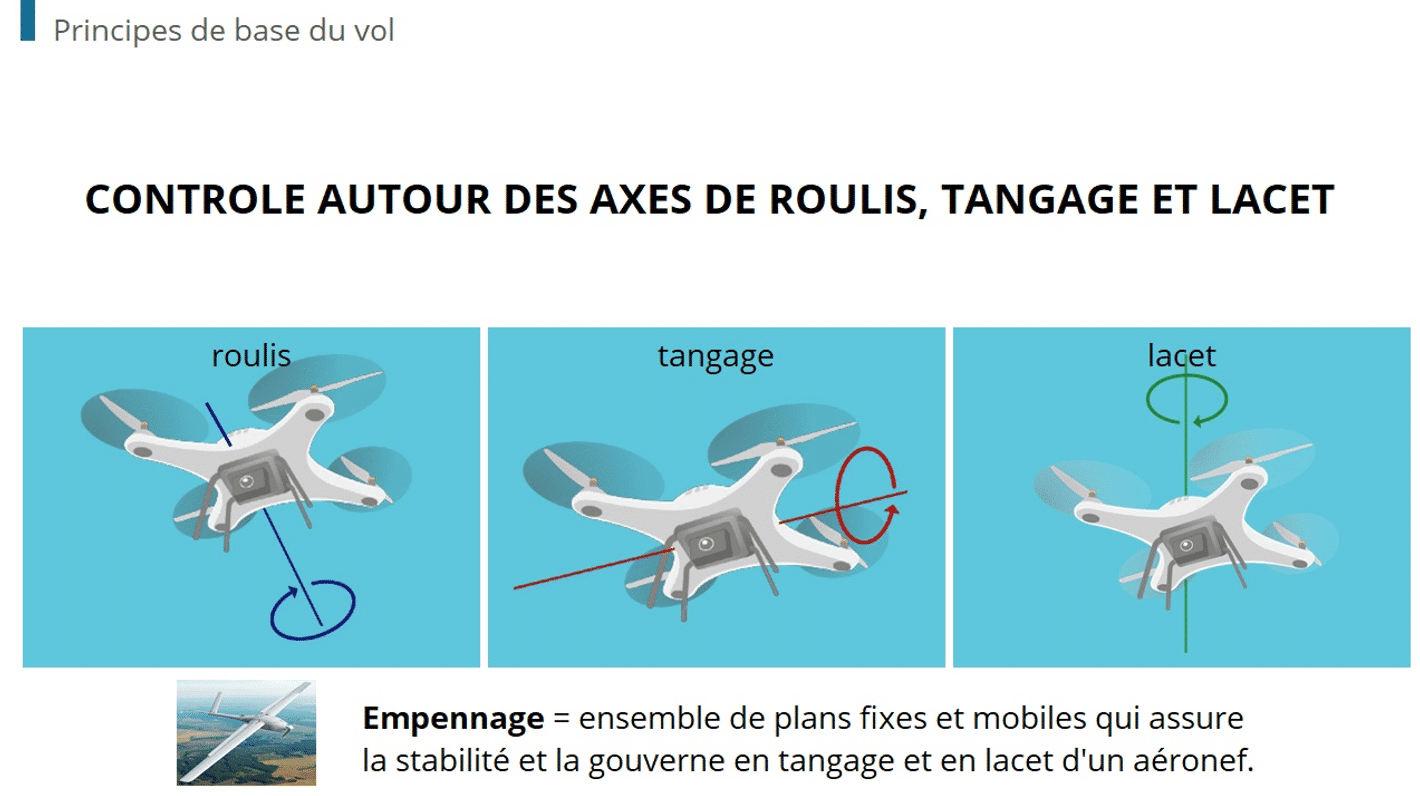Last September, the U.S. Department of Health and Human Services invested $8 million to improve access to healthcare by training new doctors to care for people with disabilities and poor English skills. The medical industry is continuously subject to change to ensure the digital integrity of patient data. It also ensures the best physical safety practices of patients and personnel. This is why continuing education is critical to keep staff up to date with the latest regulatory practices. With staff dedicating their time, body, and energy, they’re not exactly going to be gung-ho about sitting in a classroom reviewing formal compliance measures. Fortunately, HR can make the process more manageable by delivering the course in an e-learning format via LMS.
Why adequate medical training matters
Medical procedures change, often on short notice in response to current health events. HIPAA, for example, made amendments to its regulations in response to the COVID-19 pandemic. It established updated privacy rules in emergencies involving outbreaks of infectious diseases. Medical HR had to scramble to train first responders to get them up to date in a short window frame.
Failure to adhere to the updates can have dire ramifications. A famous case study involved the New York-based health provider Excellus Health Plan. A data breach resulted in over nine million patient records being exposed. A HIPAA investigation revealed a number of violations, including insufficient risk analysis and failure to enforce risk-reduction measures. The penalty? A settlement totaling $5,100,000 in fines.
The breach was due to a combination of misinformation, negligence, complacency, and most of all – lack of education. LMS isn’t a fail proof measure, but it provides an educational hub in a flexible, convenient, and engaging format. Even more importantly, courses can be delivered on short notice (and at a low cost) in response to local, national, or world health events.
How LMS contributes to continuing medical staff education
LMS has proven to be a driving force in medical staff education. Here are ways LMS is contributing to a more informed and ready workforce.
Non-disruptive training
Working hours vary depending on the specific position. 12-hour shifts and longer, though, aren’t uncommon, especially for positions like registered nurses and hospice caregivers. It’s understandable employees aren’t going to be singing praises over mandated medical training. However, the training can be implemented in a way that ensures minimal disruption to their work performance, psyche, and morale. The advantages of Elearning via LMS are multifold:
- Flexible – take the course anytime, anywhere and requires only a device with Internet access
- Save your progress anytime and pick up right where you left off
- Courses can be released in short increments (one lesson at a time) to ensure no one gets ahead or behind
On-the-fly updates to changing regulations
Regulations are hardly ever static. Changes can occur often regarding patient treatment, record handling, patents, drug formulations, etc. Updates can be found on official regulatory and government sites. However, it’s far more effective for institutions to compile their own course rather than merely point employees to the official links. The former provides far more engaging ways of learning rather than reading formal and jargon-filled texts. Updates can be incorporated into existing courses, simply by updating existing lessons or adding new modules. Media like videos, webinars, infographics, quizzes, and gamification can all be incorporated into lessons to deepen sensory learning.
Uniform training for local and remote staff
Traditional classrooms are becoming increasingly less feasible due to a scattered work environment. Some employees are in-house, others work remotely. In fact, according to a 2022 McKinsey report, 31% of healthcare support personnel work remotely full-time, meaning they are seldom, if ever, present in a clinic. Some support positions are also managed across state or even internationally. With e-learning solutions, every member gets the same training irrespective of time zones. This is especially useful for training regarding international or federal compliance measures.
Comprehensive sales and product training
The medical industry isn’t limited to treating patients. There are also varying departments dedicated to B2C and B2B sales, from pharmaceutical sales to sales of medical equipment to clinics. LMS can educate and train internal teams on the latest sales and pitching strategies. Comprehensive courses can be divided into modules and broken into varying categories, such as, but not limited to:
- Social media marketing
- Subscription and email-based marketing
- A/B testing
- Affiliate and influencer recruitment
- Best SEO practices
- Google Ads best practices
- Copywriting and press release writing
- Offline marketing (e.g. word of mouth, trade shows)
Dokeos: a premiere LMS solution for continuing medical education
Regular healthcare training ensures the continued growth of the thousands of medical field and staff workers as they advance in their careers and provide an invaluable service. Further education is part of the job, and the best way to enforce this in the modern workforce is through Dokeos LMS. Our platform incorporates the latest tools and security suites in remote education.
Ready to start building effective, easy-to-use training programs in order to improve employee experience in your firm ? At Dokeos, we can help you design, create, and run in-house training that is tailored to your unique needs. With Dokeos, you can transform your healthcare professionals into knowledgeable, engaged, ever-learning employees.
Sign up for a free trial and give your staff the knowledge they need to perform their duties in a professional and compliant manner.






